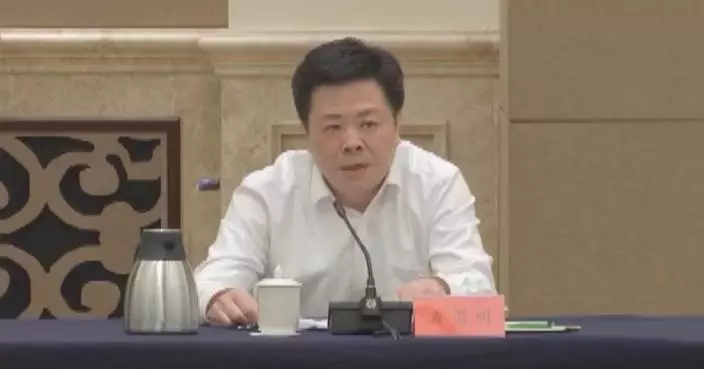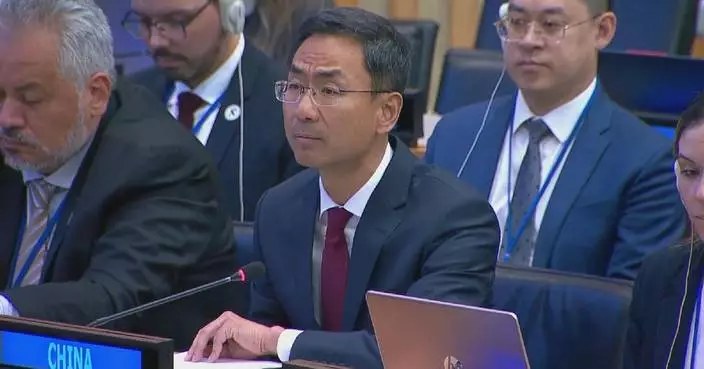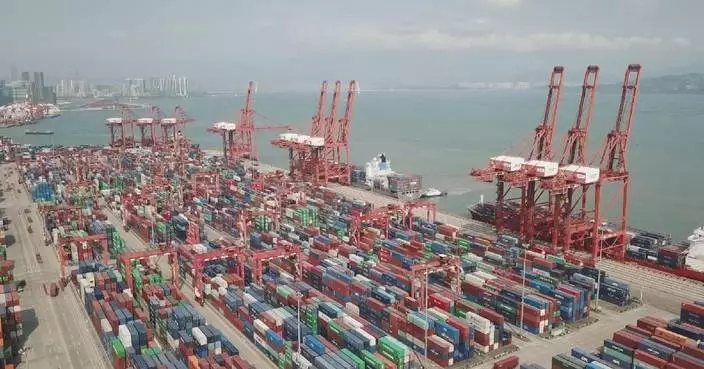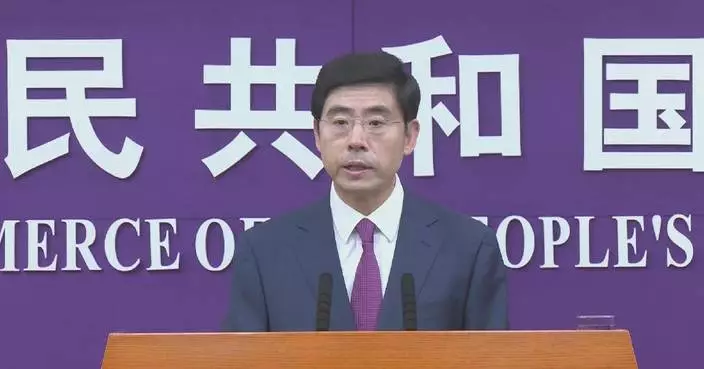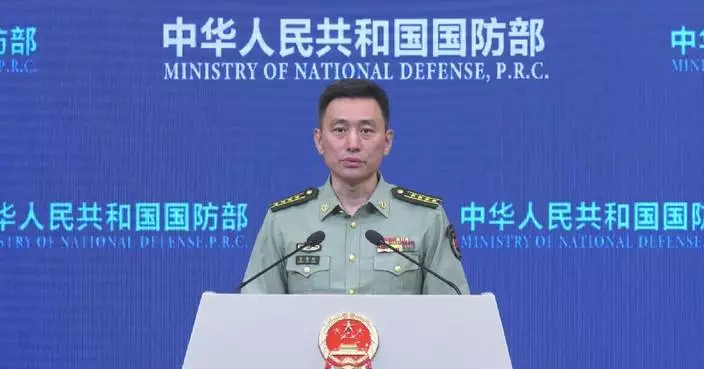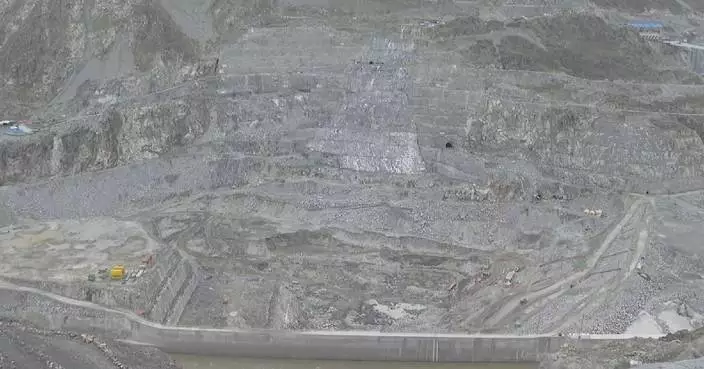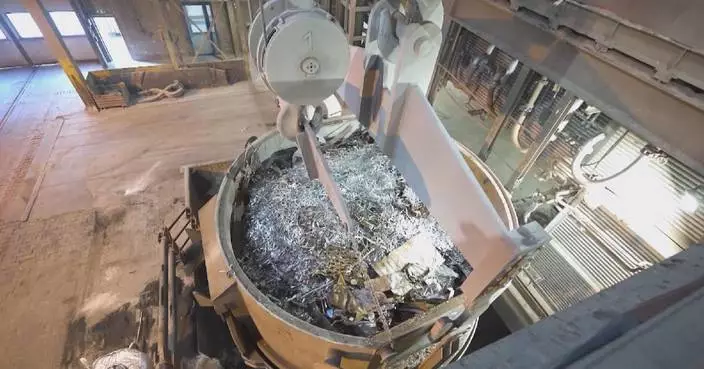The Philippines is attempting to use Xianbin Jiao in the South China Sea as a semi-permanent floating platform to further its own operations at China's Ren'ai Jiao and has "fabricated" accusations against China as a reason to send its vessels there, according to an expert on maritime affairs.
Tensions have been inflamed after a Philippine Coast Guard (PCG) ship caused a collision with a Chinese vessel early Monday morning in waters near Xianbin Jiao, a part of China's Nansha Islands, before later intruding into the waters of Ren'ai Jiao, according to the China Coast Guard (CCG).
The Philippine vessel ignored repeated warnings from the Chinese side and at around 03:24 Monday intentionally sailed dangerously toward a Chinese coast guard vessel on maritime enforcement duty, causing the scrape, said China Coast Guard (CCG) spokesperson Gan Yu, who added that the Philippine side bears full responsibility for the incident.
The Xianbin Jiao reef, located in between the site of a Philippine military vessel that has been illegally grounded since 1999 in the waters adjacent to Ren'ai Jiao and the Philippine coastline, has become a flashpoint for the CCG and the Philippine Coast Guard in the South China Sea.
In an interview with the China Global Television Network (CGTN) prior to Monday's incident, Yang Xiao, deputy director of the Institute of Maritime Strategy Studies of the China Institute of Contemporary International Relations, said he believes the Philippines considers exploiting Xianbin Jiao as a deployment base or semi-permanent floating platform to ensure their logistical link to China's Ren'ai Jiao.
"The Philippines is trying very hard to make a new advancing base at Xianbin Jiao. Actually, in the [past] history, the Philippines used Xianbin Jiao as a gathering point to [carry out] resupply missions to Ren'ai Jiao, because Ren'ai Jiao is quite far from its coastline," Yang said.
Yang also said that the Philippines' apparent explanation over its activities around the Xianbin Jiao area has been completely fabricated as an excuse to make their illegal intrusion in these waters.
"The reason for the Philippines to send the vessel to Xianbin Jiao, they fabricated a reason that they are monitoring, they are [carrying out] surveillance on China's construction in Xianbin Jiao, [that] they are deterring China's so-called 'occupation of Xianbin Jiao', but that is not real," he said.
China said its presence is to safeguard its national sovereignty and has denied the Philippines' claims of Xianbin Jiao falling under its exclusive economic zone, accusing it of breaching the Declaration on the Conduct of Parties in the South China Sea, a long-standing agreement signed with China and the members of ASEAN back in 2002.
"It should be made very clear to the international society that China has no need to occupy Xianbin Jiao and has not any plan to make constructions at Xianbin Jiao. But the Philippines has fabricated this accusation and made it as a reason to settle their vessels in Xianbin Jiao for four months. So, that is ridiculous," Yang said.

Philippines attempts to exploit Xianbin Jiao to further own operations: expert





